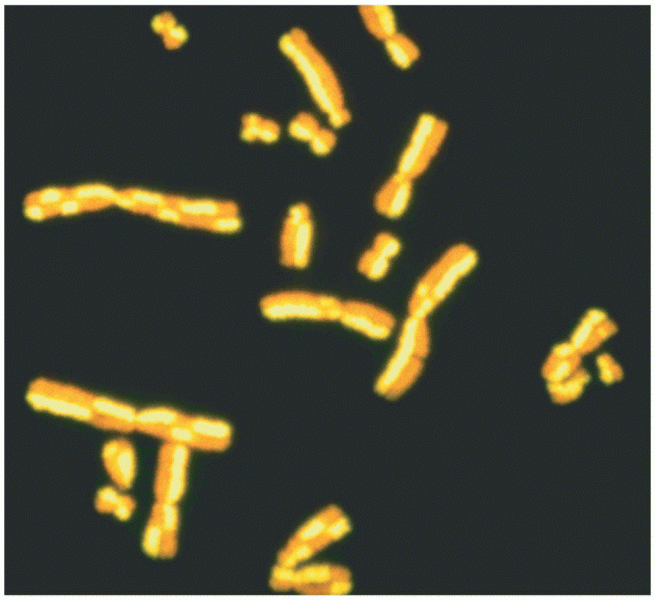|
|
|
Many supplement containers do not even contain what their labels say. There are many documented reports of products containing much less, or more, that what is listed on their labels. They may also contain undisclosed prescription drugs and even contaminants.
When intravenous medications are involved in adverse drug events, their harmful effects may occur more rapidly, and be more severe than errors with oral medications. This is due to the direct administration into the bloodstream.
Although puberty usually occurs in the early teenage years, the world's youngest parents were two Chinese children who had their first baby when they were 8 and 9 years of age.
Recent studies have shown that the number of medication errors increases in relation to the number of orders that are verified per pharmacist, per work shift.
Patients who have undergone chemotherapy for the treatment of cancer often complain of a lack of mental focus; memory loss; and a general diminution in abilities such as multitasking, attention span, and general mental agility.
 The 2012 U.S. presidential campaign rang with “get tough” cries to end Iran’s nuclear capacity and c
The 2012 U.S. presidential campaign rang with “get tough” cries to end Iran’s nuclear capacity and c
 A parade for Grover Cleveland in Chicago in 1892, by John Klir. Music, mirth, real drama—a president
A parade for Grover Cleveland in Chicago in 1892, by John Klir. Music, mirth, real drama—a president





